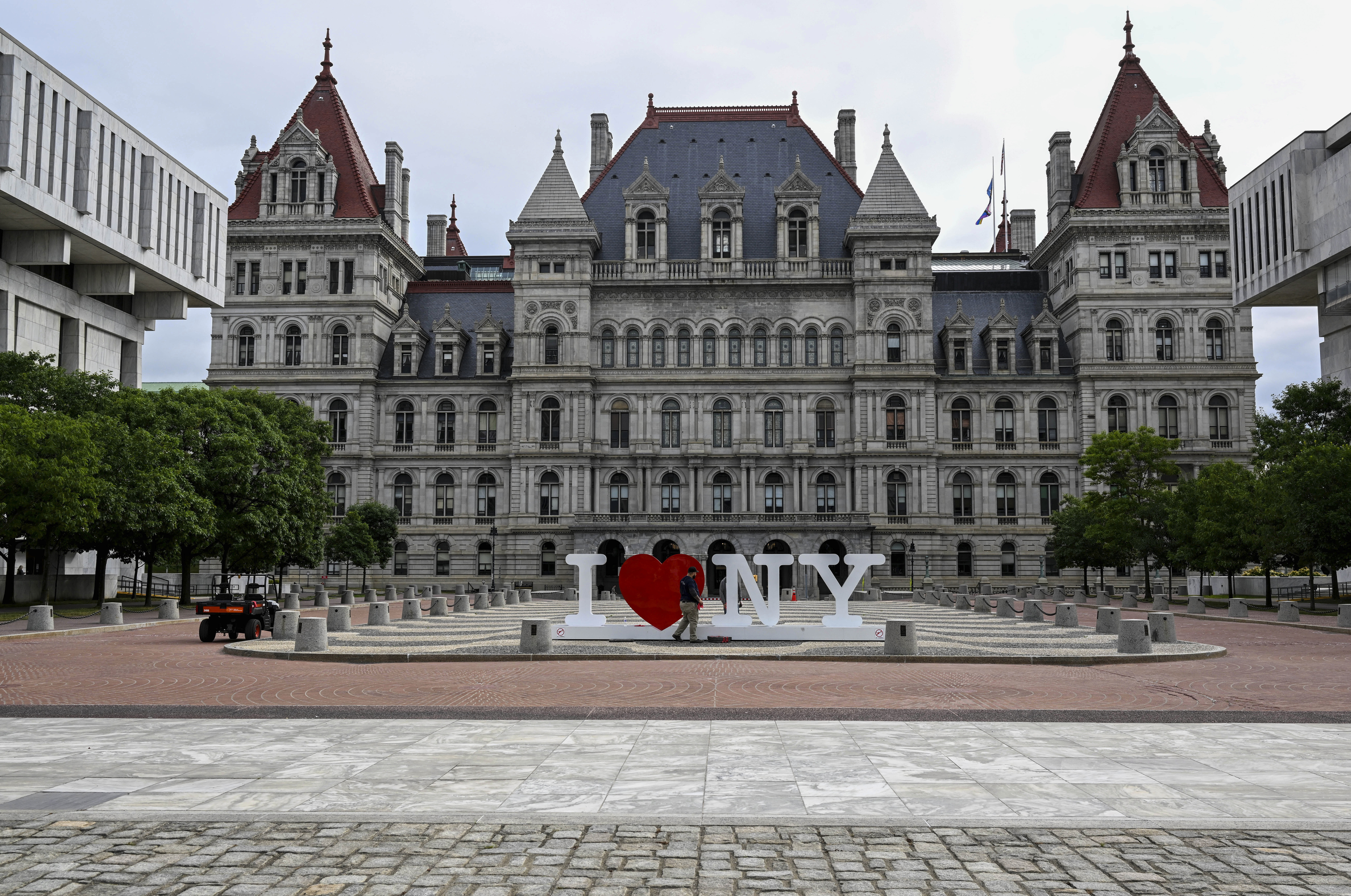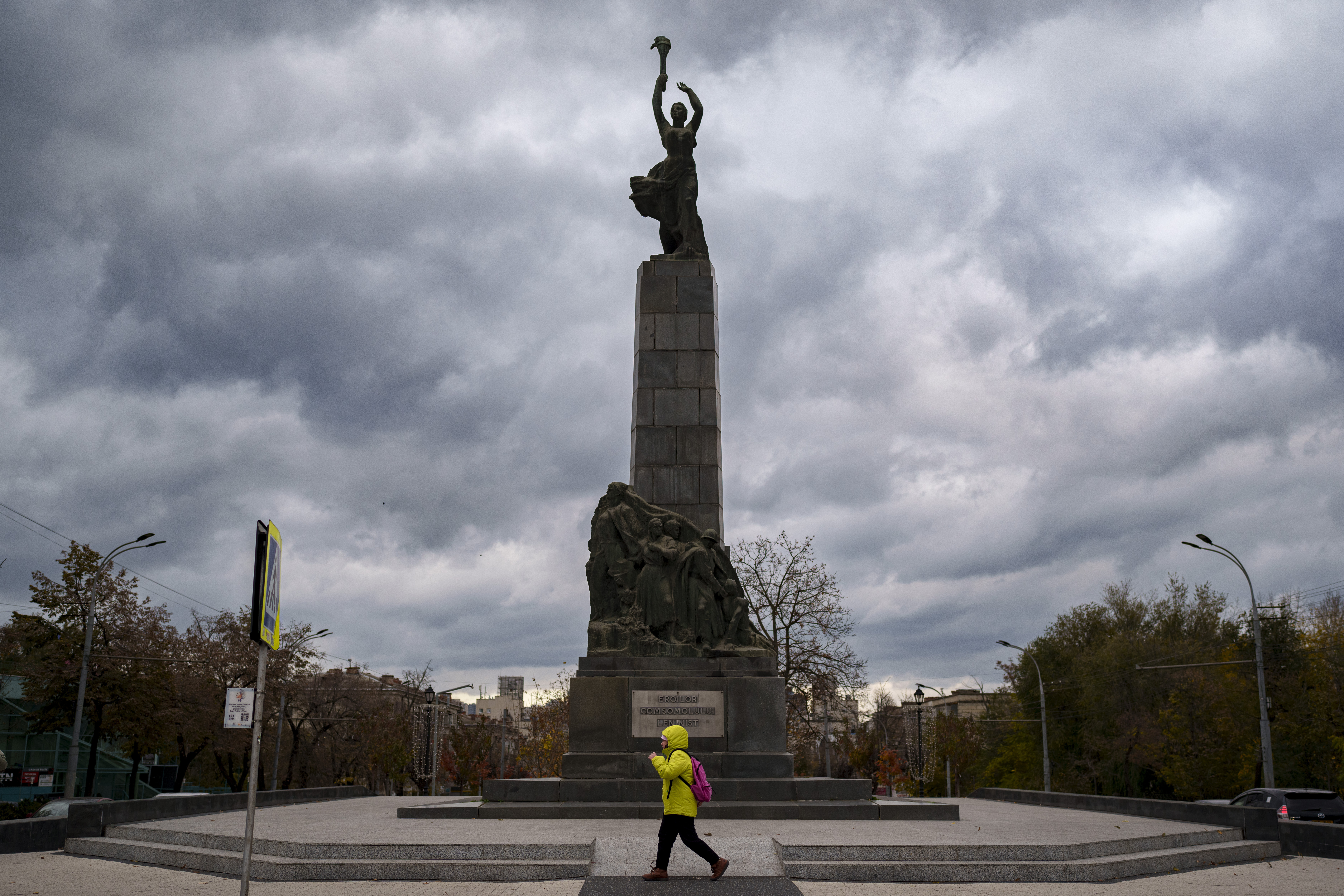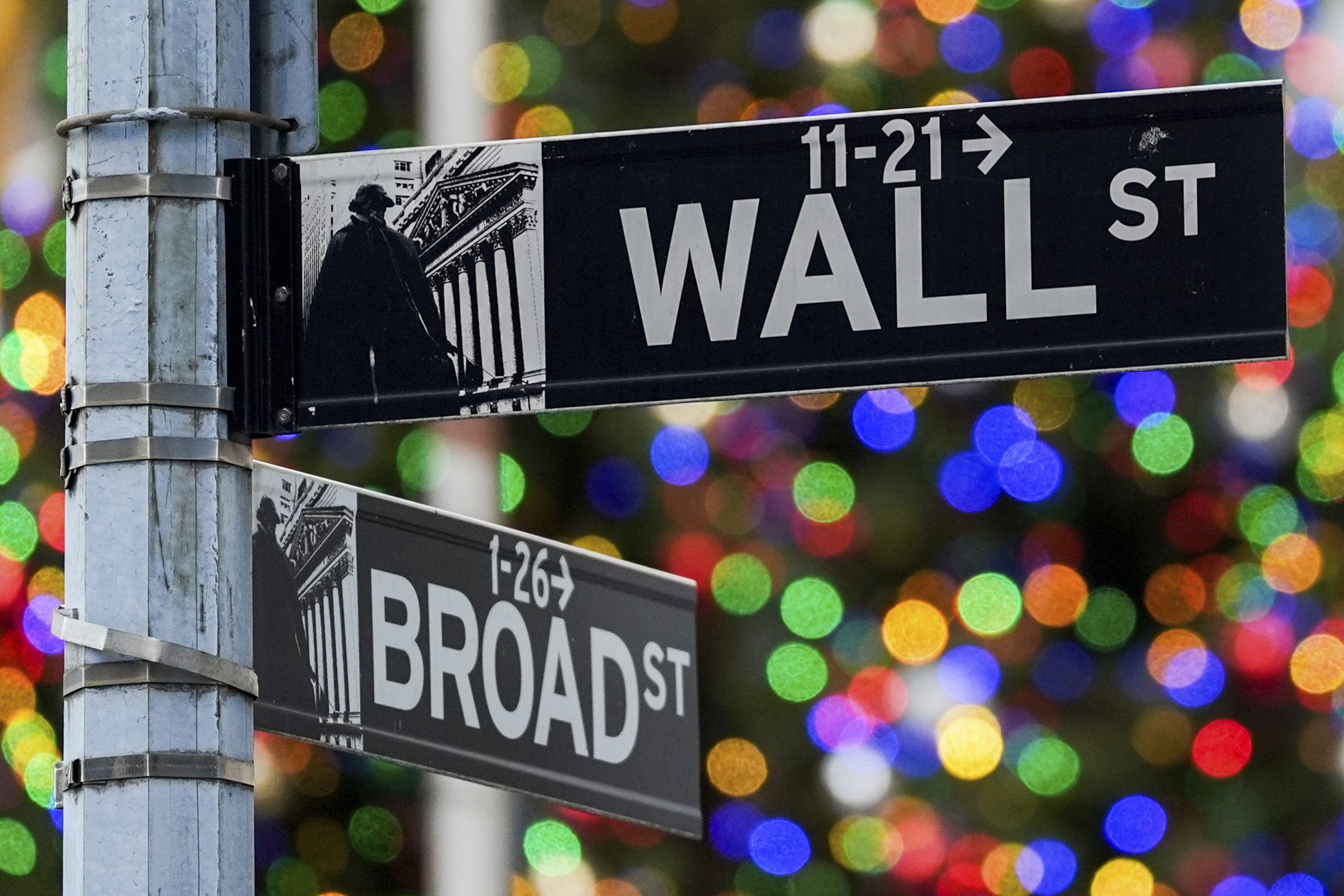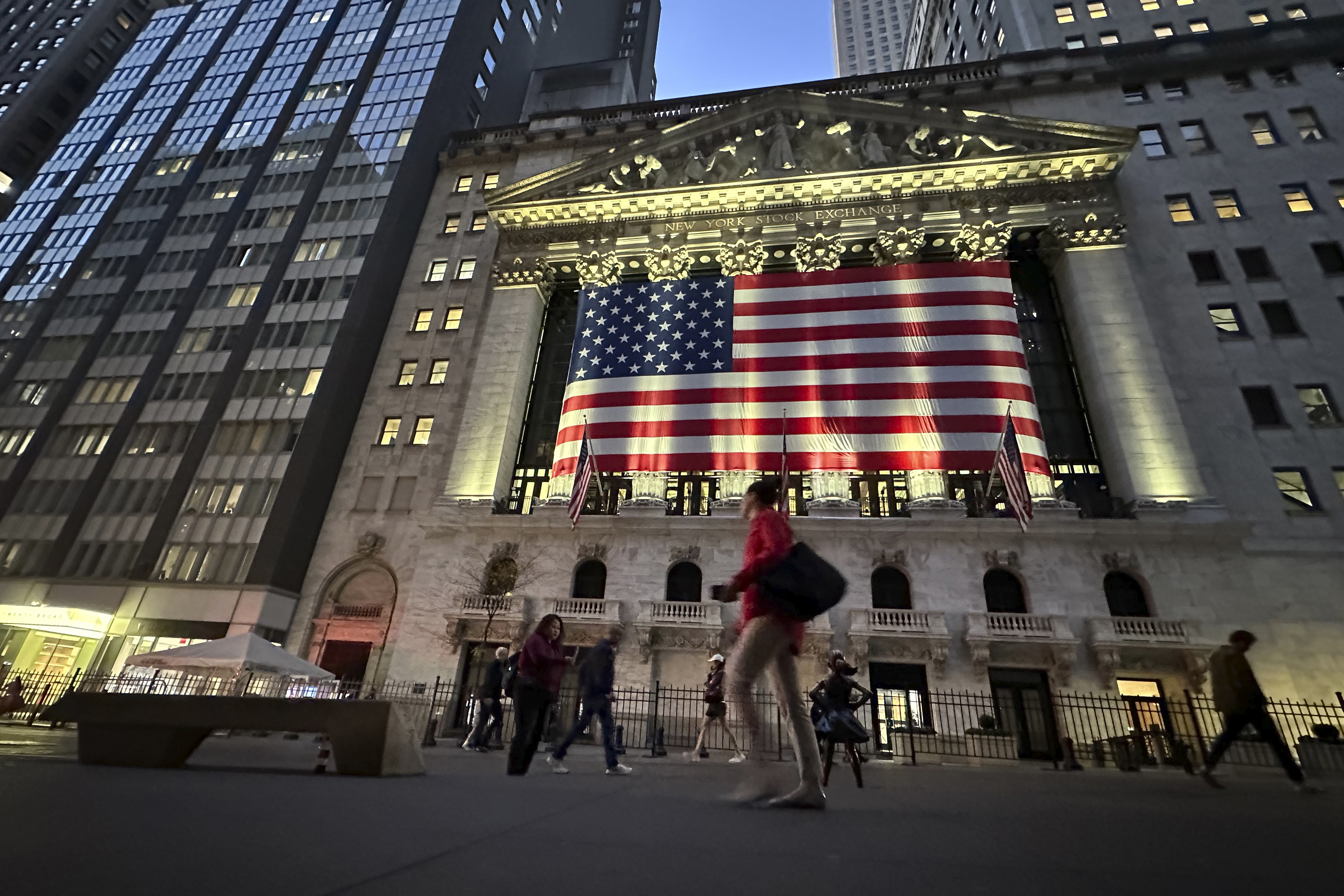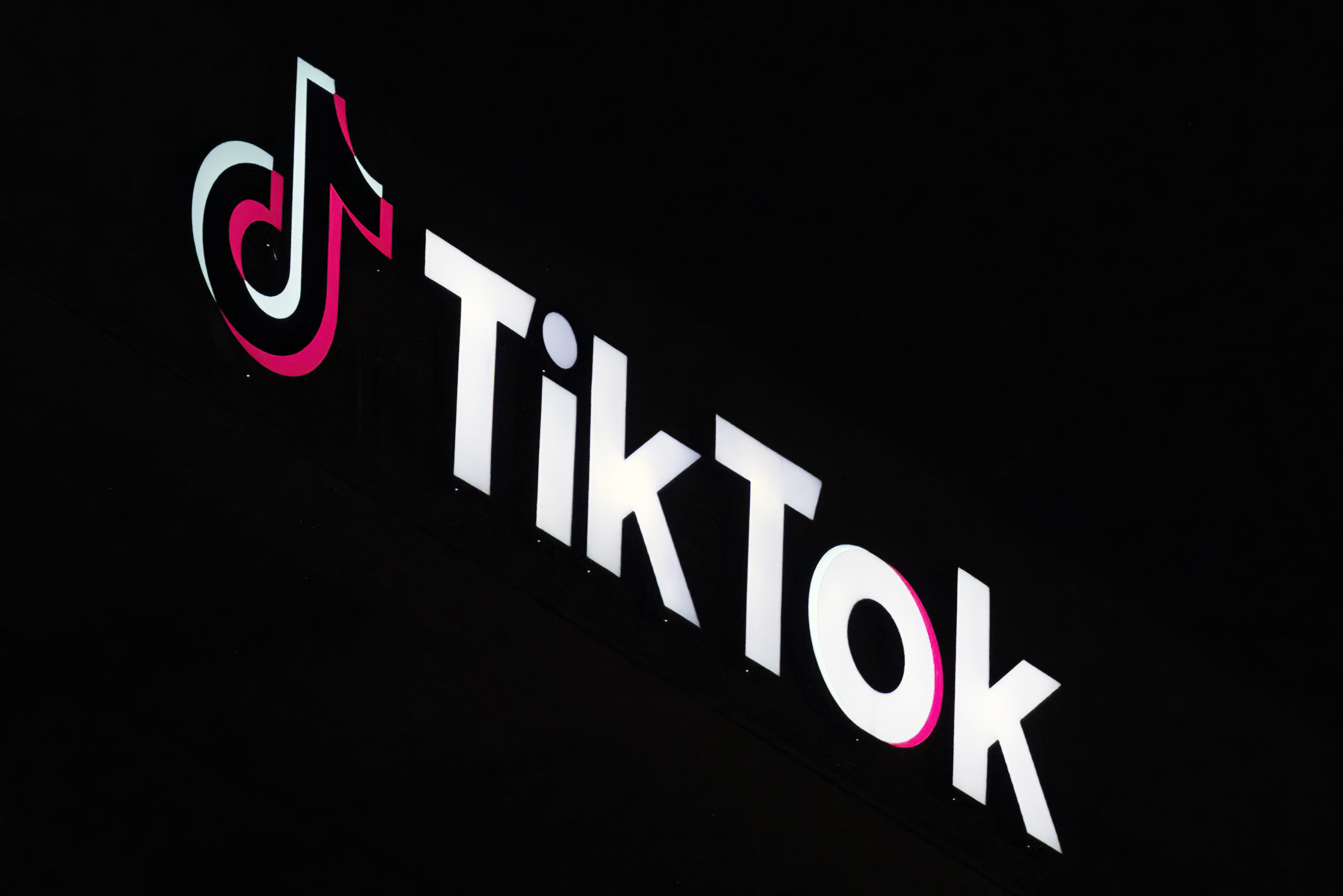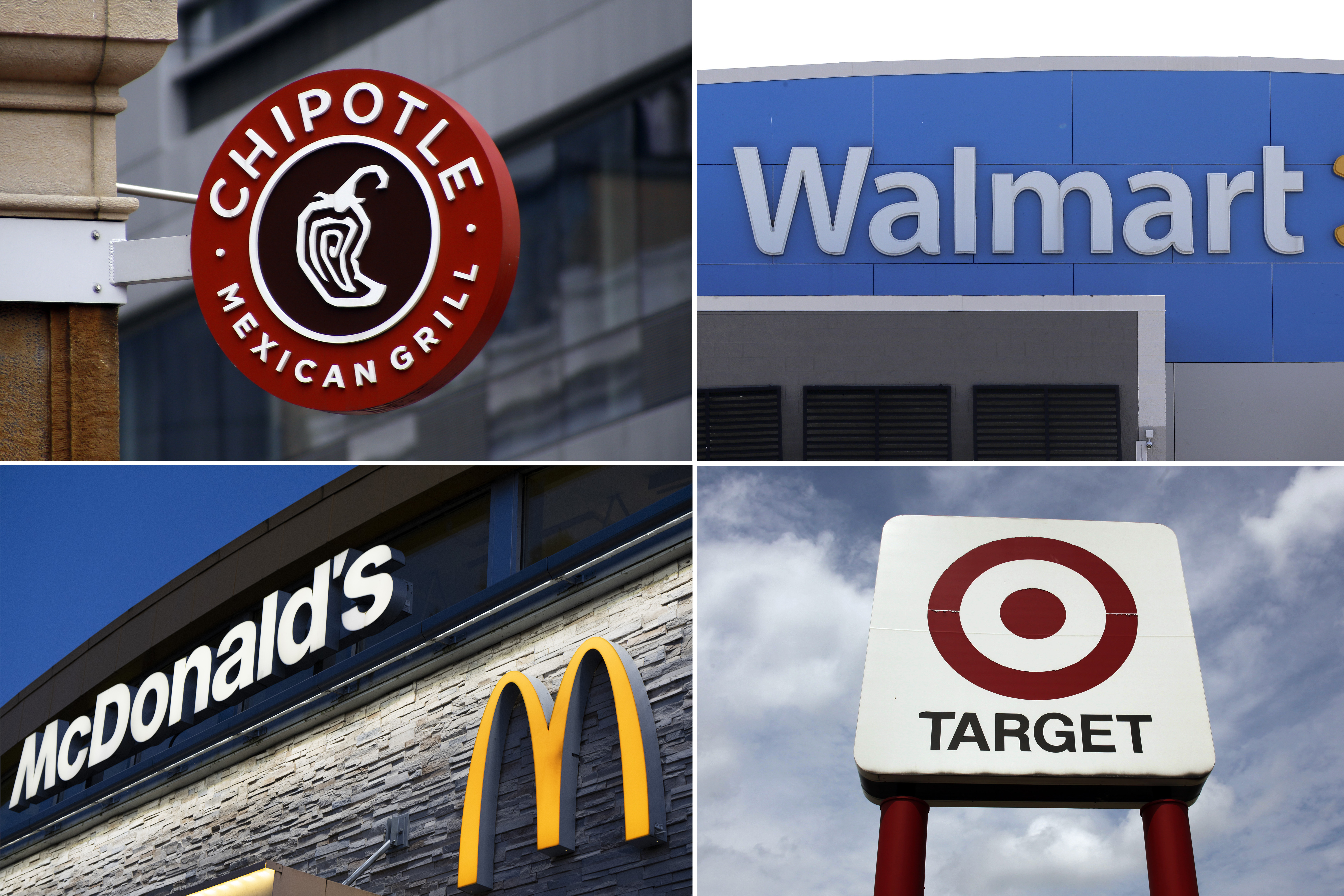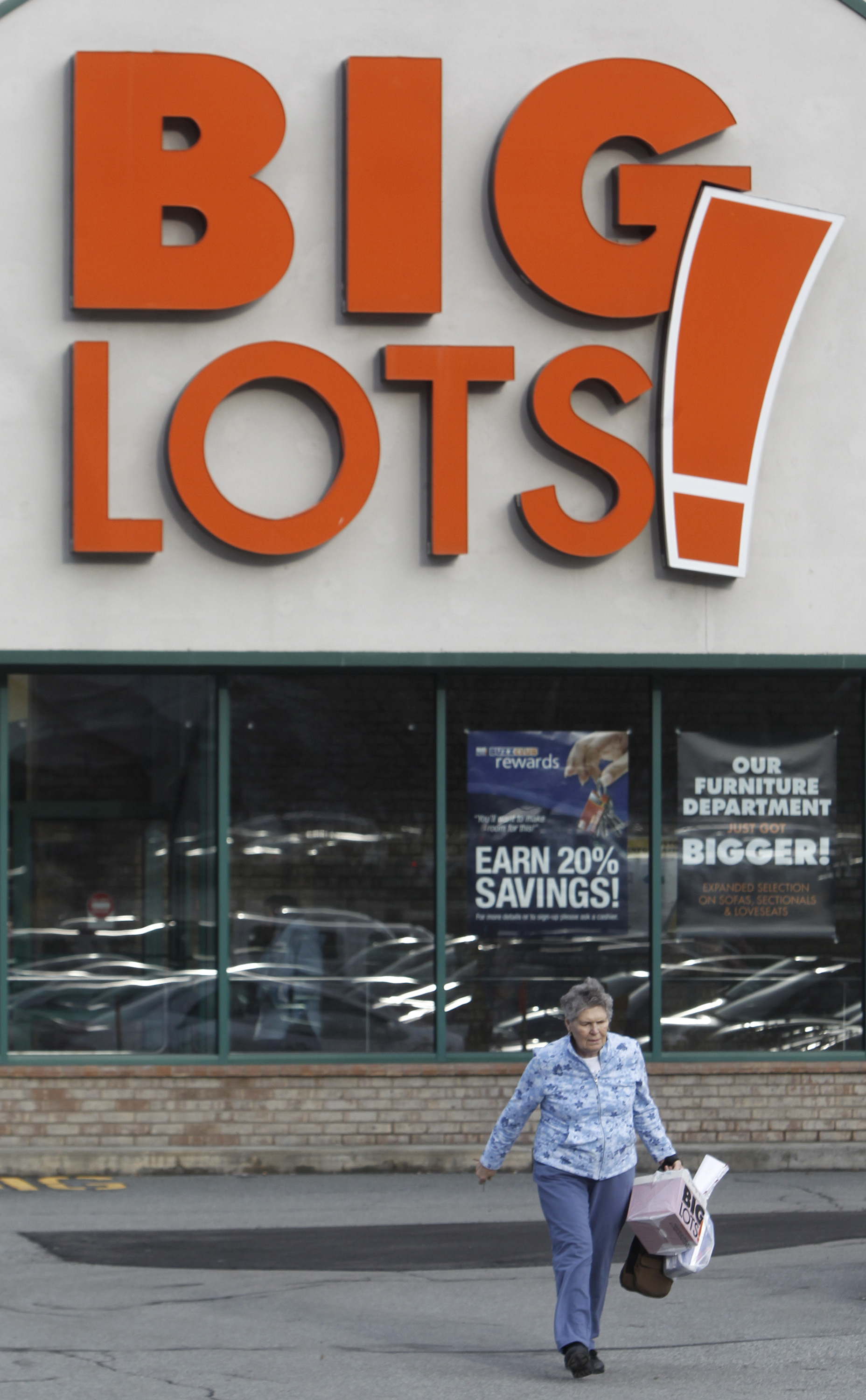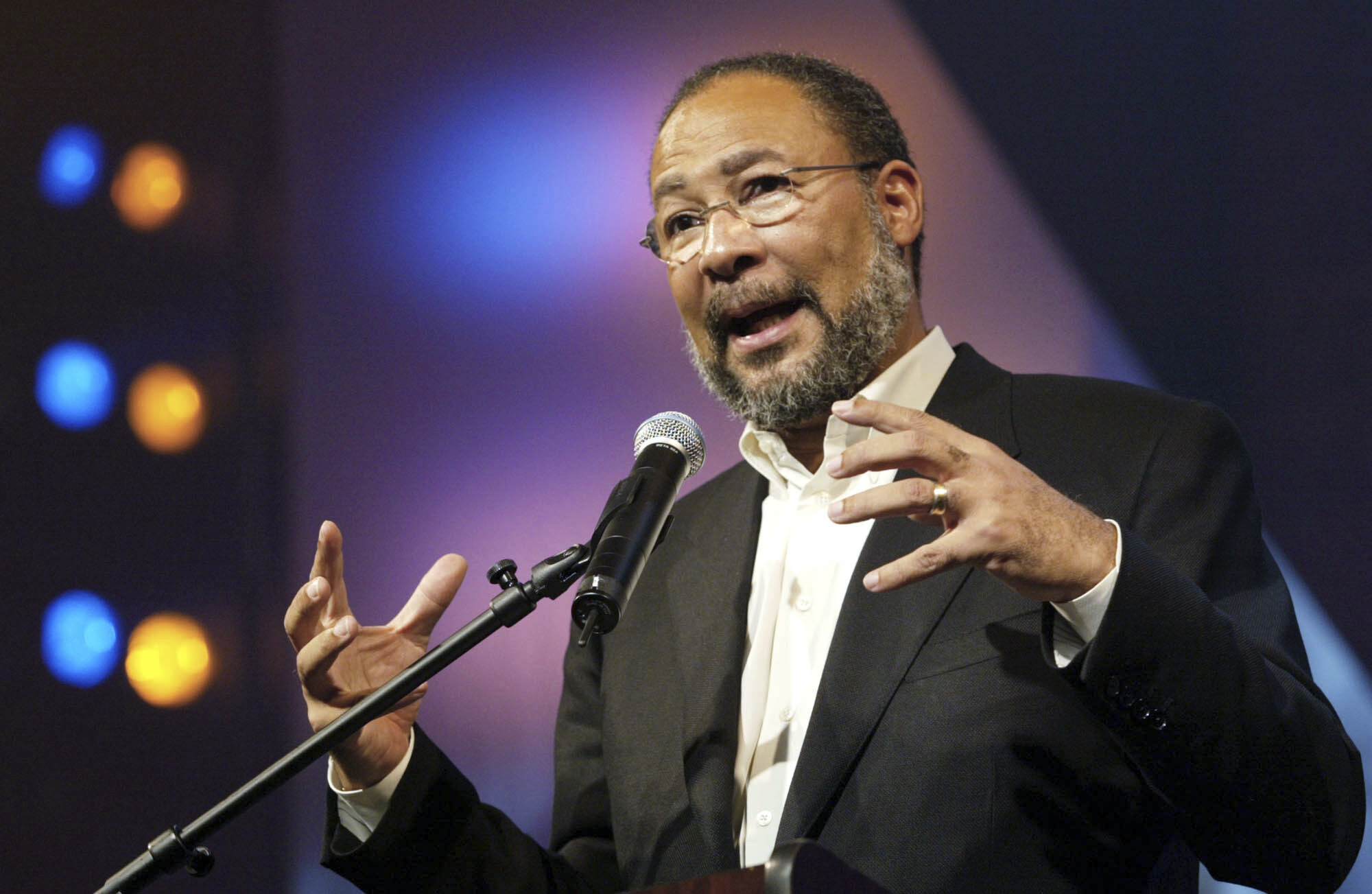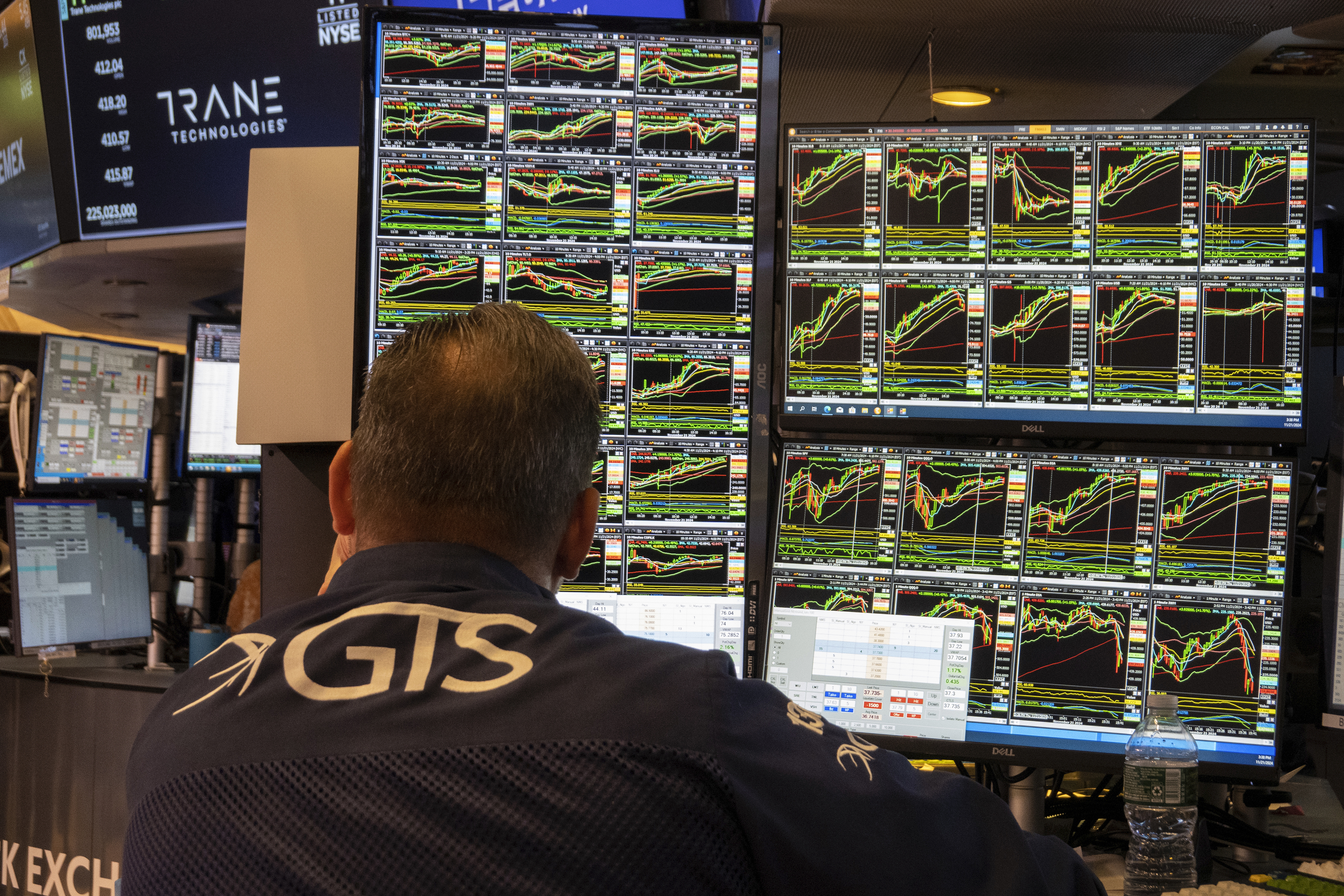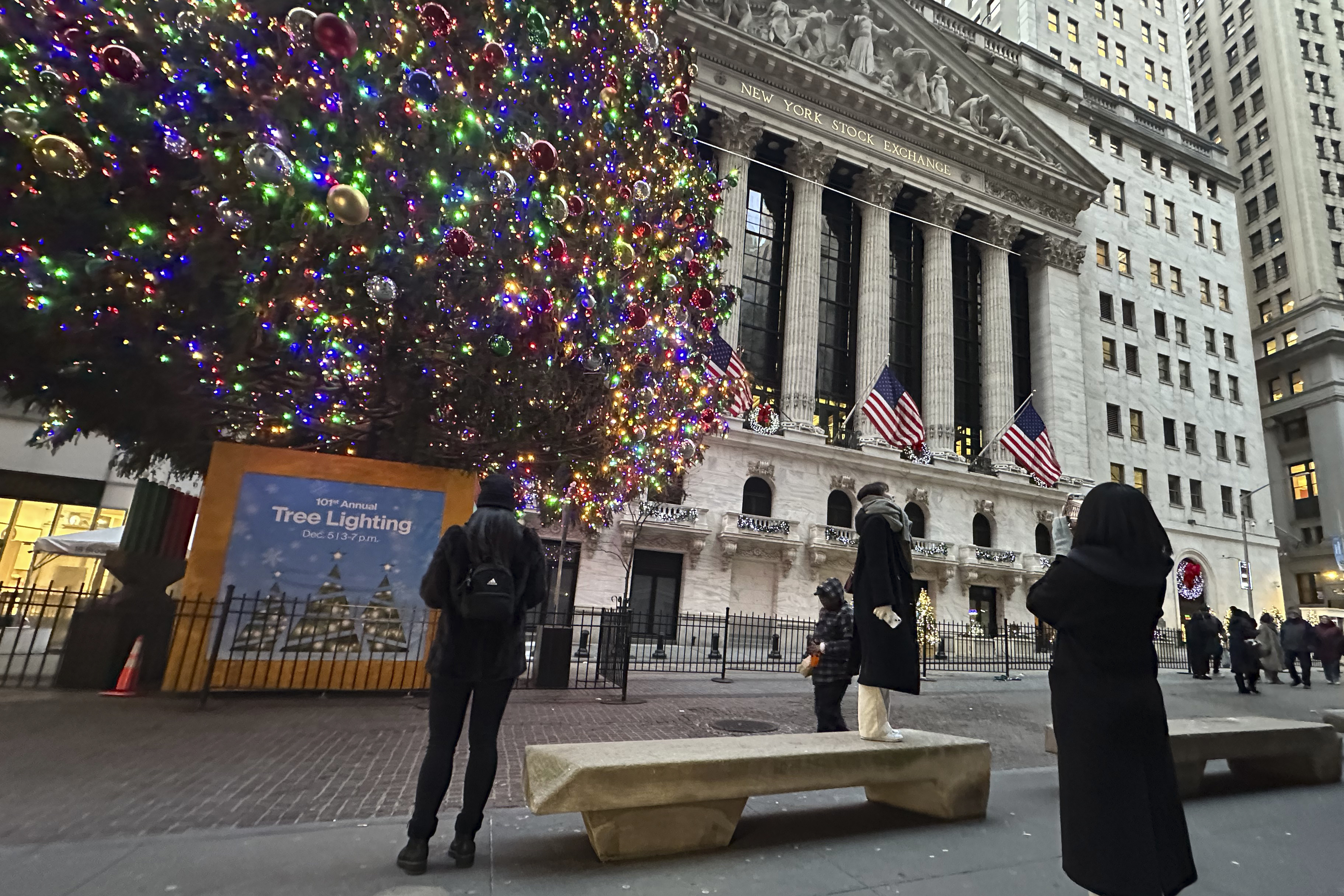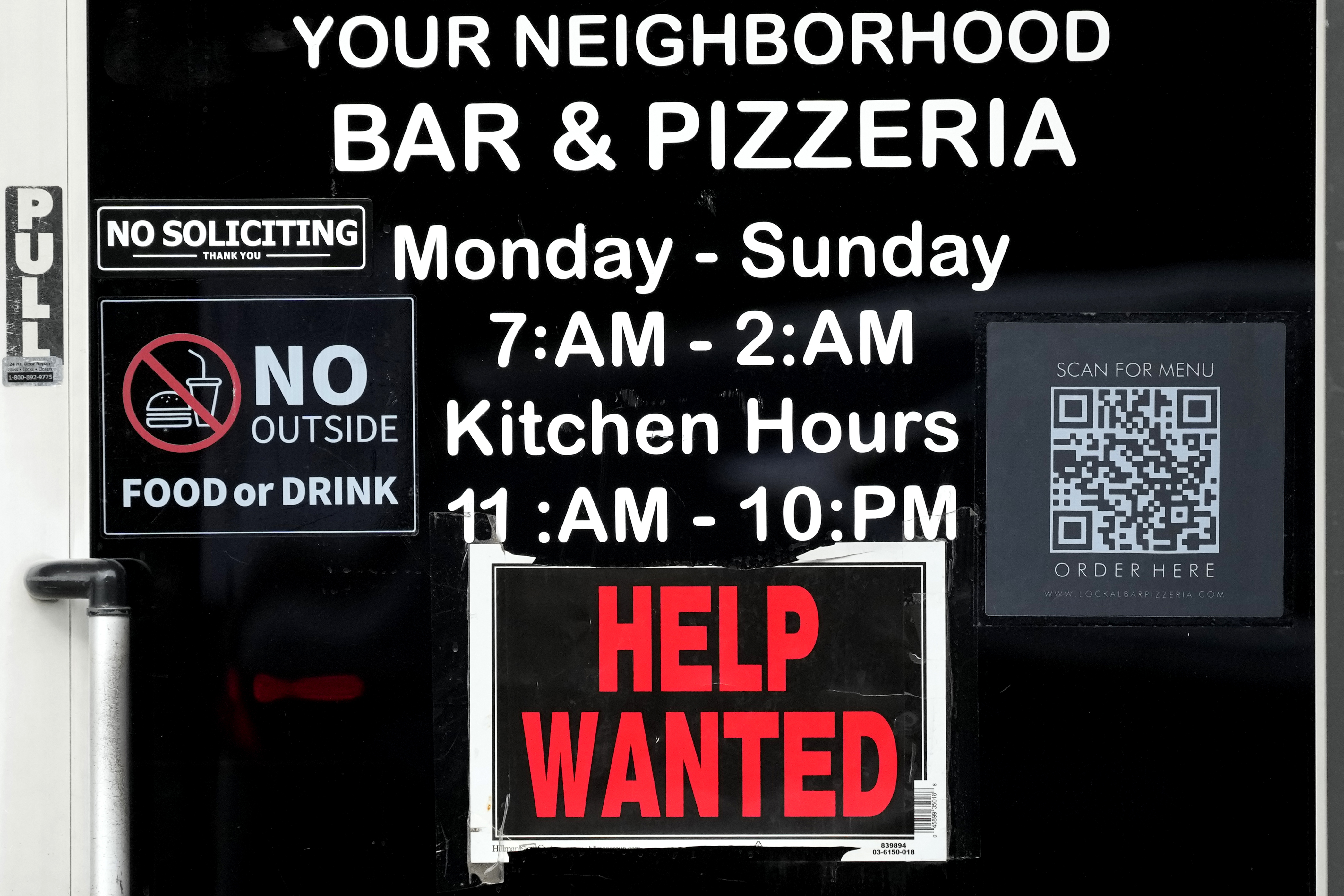RICHMOND, Va. (AP) — The state of Virginia is expecting a half-billion-dollar budget surplus by the end of June, blunting the impact of the COVID-19 pandemic on the economy, and officials are awaiting a $4.3 billion federal deposit in the state’s coffers any day.
Secretary of Finance Aubrey Layne told legislators on Monday that he expects state revenues to exceed expenses by more than $500 million in the fiscal year that ends June 30, the Richmond Times Dispatch reported.
Layne also expects Virginia to receive its share of federal aid from the American Rescue Plan Act in one lump sum soon, leading to a special legislative session which will determine how to spend it. That federal money doesn’t include $6.6 billion that the federal government is sending to the state for specific categories of programs, such as support for K-12 schools and higher education, child care, transportation and public health.
“I don’t think anyone 14 months ago would have thought we’d be in as good a position as we are,” Layne told the House Appropriations Committee on Monday.
The American Rescue Plan Act, which President Joe Biden signed on March 11, is sending $7.2 billion to Virginia and its local governments. The state will receive $4.3 billion and localities $2.9 billion, almost all of it directly from the federal government. The state will allocate about $633 million of the local money among towns.
A year ago, state revenues plunged by $700 million in April, compared with the same month a year earlier, as Northam and the assembly froze more than $2 billion in new spending in the two-year budget they had adopted on March 12, 2020, the same day the governor declared a public health emergency.
Last week, Northam announced that state revenues grew by 42% this April and, for the first 10 months of the fiscal year, were ahead of the most recent forecast by more than $1.7 billion. Revenues are likely to fall next month, in comparison with a year ago, because of differences in the filing dates for income taxes, but the expected surplus is fueled by steady growth in high-wage professional jobs, a surge in consumer spending over the internet and a booming housing market.











